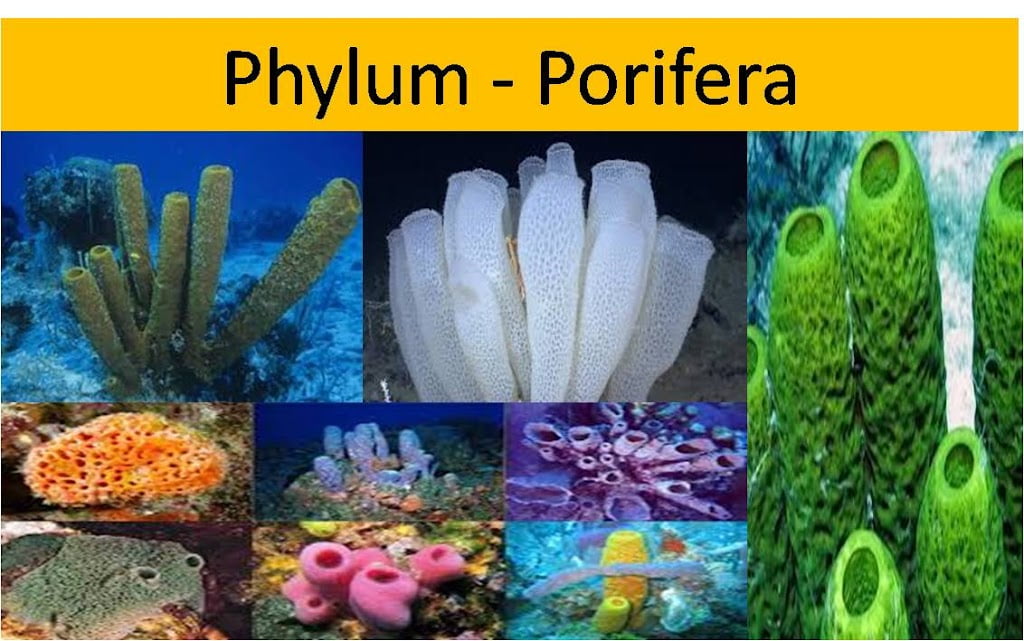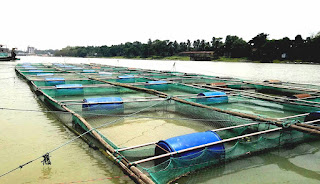Fishery Science Scope and Careers: Scope of Fishery Science is a multidisciplinary field that involves the study of aquatic organisms, their habitats, and the ecosystems they inhabit, with the primary focus on the management, conservation, and sustainable utilization of fishery resources. This field encompasses a wide range of topics and activities, reflecting its multidisciplinary nature. Here’s a detailed scope of fishery science.
Fish Biology and Ecology:
- Study of fish anatomy, physiology, behavior, and life cycles.
- Research into the feeding habits, reproduction, and growth of fish species.
- Understanding fish population dynamics, including factors affecting recruitment, mortality, and population structure.
- Investigation of fish migration patterns and habitat preferences.
Aquatic Ecosystems:
- Analysis of aquatic ecosystems, including freshwater, marine, and brackish water habitats.
- Evaluation of the interactions between fish and other organisms within the ecosystem.
- Assessment of environmental factors that influence fish health, growth, and distribution.
- Study of aquatic food webs and nutrient cycling.
Fisheries Management:
- Development of strategies to regulate and control fishery activities to ensure sustainable harvest.
- Assessment of fish stocks to determine their health and status, often involving stock assessments and surveys.
- Implementation of regulations, such as fishing quotas and seasons, to prevent overfishing and maintain balanced ecosystems.
- Promotion of responsible fishing practices and the reduction of bycatch (unintended catch) and discards.
Aquaculture:
- Study of fish farming techniques to produce aquatic organisms in controlled environments.
- Research into aquaculture species selection, nutrition, disease management, and breeding.
- Development of sustainable aquaculture practices that minimize environmental impact and support food security.
Fishery Economics:
- Analysis of the economic aspects of fisheries, including market trends, supply and demand dynamics, and pricing.
- Evaluation of the socioeconomic impacts of fishing on communities, livelihoods, and economies.
- Study of the trade and marketing of fish and fishery products.
Conservation and Biodiversity:
- Efforts to conserve endangered or threatened fish species and protect their habitats.
- Study of the impact of fishing on non-target species and ecosystems.
- Development of conservation strategies, including the establishment of marine protected areas and the implementation of sustainable fishing practices.
Fishery Technology and Engineering:
- Research into innovative fishing gear and equipment that reduce bycatch and environmental impact.
- Development of technologies for fish tracking, monitoring, and data collection.
- Study of post-harvest handling, processing, and preservation techniques for fish products.
Policy and Legislation:
- Involvement in the development and implementation of fishery policies and regulations at local, national, and international levels.
- Collaboration with governmental and non-governmental organizations to ensure sustainable fisheries management.
Education and Outreach:
- Dissemination of knowledge and awareness about fishery science to the public, stakeholders, and policymakers.
- Education and training of individuals pursuing careers in fishery management, research, and conservation.
Research and Innovation:
- Exploration of emerging technologies and methodologies to enhance fishery science, such as genetic tools for stock assessment, remote sensing, and data analytics.
Careers in Fishery Science
A career in fishery science can be rewarding and fulfilling, as it allows you to contribute to the sustainable management of aquatic resources, the conservation of biodiversity, and the well-being of communities that rely on fisheries. Here’s a step-by-step guide on how to pursue a career in fishery science:
Educational Foundation
Educational Background: Obtain a bachelor’s degree in a relevant field, such as Fisheries Science, Marine Biology, Aquatic Ecology, Environmental Science, Biology, or a related discipline. This will provide you with a strong foundation in the principles of fish biology, aquatic ecosystems, and environmental science.
Advanced Degrees: While a bachelor’s degree can qualify you for entry-level positions, pursuing a master’s or doctoral degree (M.Sc. or Ph.D.) can open up more advanced research, management, and teaching opportunities. Advanced degrees are particularly important for research-focused careers and academic positions.
Skill Development
Research Skills: Develop strong research skills, including data collection, analysis, and interpretation. Research is a fundamental aspect of fishery science, whether you’re studying fish populations, ecosystem dynamics, or conservation strategies.
Fieldwork Experience: Gain hands-on experience through fieldwork, such as fish population surveys, habitat assessments, and water quality sampling. Field experience is essential for understanding the practical aspects of fishery science.
Data Analysis: Learn how to use statistical software and data analysis tools to process and analyze fisheries data. Skills in data interpretation and modeling are valuable for assessing fish populations and making informed management decisions.
Networking and Experience
Internships and Volunteer Opportunities: Seek internships or volunteer positions with government agencies, research institutions, NGOs, or private companies involved in fisheries management and research. These opportunities provide practical experience and help you build a professional network.
Conferences and Workshops: Attend conferences, workshops, and seminars related to fishery science. These events offer a platform to learn about the latest research, technologies, and developments in the field and connect with professionals.
Specialization and Career Paths
Fisheries Biologist/Scientist: Conduct research on fish populations, behavior, and ecosystems. Work with government agencies, research institutions, or private companies to assess fish stocks, develop management plans, and contribute to conservation efforts.
Fisheries Manager: Plan, implement, and monitor fishing regulations and policies to ensure sustainable harvests. Collaborate with stakeholders, analyze data, and make informed decisions for effective fisheries management.
Aquaculturist: Work in aquaculture facilities to raise fish for food production or conservation purposes. Manage breeding, feeding, disease control, and overall farm operations.
Conservation Biologist: Focus on protecting and restoring endangered fish species and their habitats. Design and implement conservation programs, conduct research, and collaborate with various stakeholders.
Academic/Researcher: Pursue a career in academia or research institutions as a professor or researcher. Contribute to advancing the field through teaching, conducting studies, and publishing research findings.
Fishery Extension Specialist: Work in outreach and education roles, communicating fishery science concepts to communities, stakeholders, and policymakers. Help bridge the gap between research and practical application.
Continuous Learning and Professional Growth
Stay Updated: Stay current with advancements in fishery science by reading scientific literature, attending workshops, and participating in online courses.
Professional Organizations: Join fishery science-related professional organizations, such as the American Fisheries Society (AFS) or equivalent organizations in your region. These organizations provide networking opportunities, conferences, and resources.
Lifelong Learning: Consider continuing education programs or certifications to enhance your skills and knowledge in specific areas, such as data analysis, conservation, or management.
Fishery science plays a vital role in ensuring the long-term viability of fishery resources, contributing to food security, environmental conservation, and the well-being of communities dependent on aquatic ecosystems. The field’s multidisciplinary nature requires collaboration between biologists, ecologists, economists, engineers, policymakers, and various stakeholders to address complex challenges related to sustainable resource management.
A career in fishery science offers a wide range of opportunities to make meaningful contributions to the sustainable management of aquatic resources. It’s a field that combines scientific inquiry, practical application, and conservation efforts, allowing you to have a positive impact on both the environment and the communities that depend on aquatic ecosystems.



